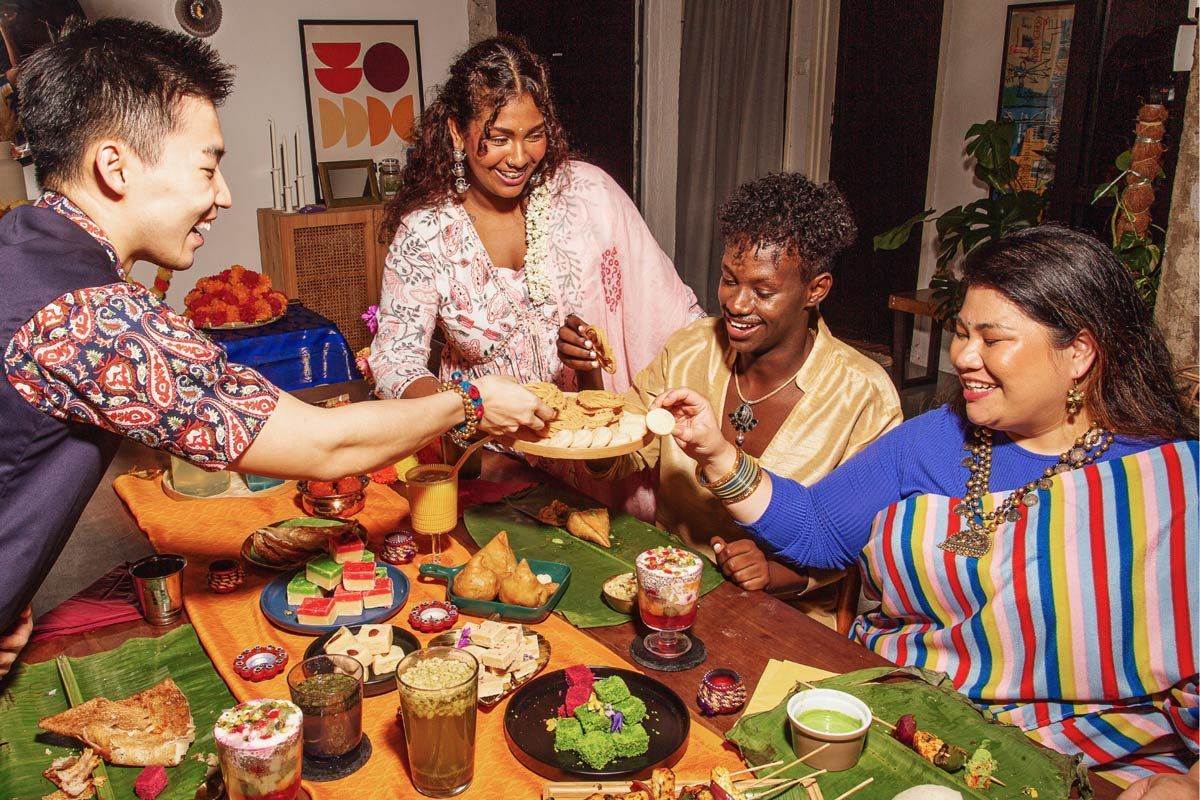
Navigating the Mission Field: Essential Traits for Impactful Service
As a missionary and follower of Jesus, I’ve spent many years serving others in a variety of contexts. This journey has exposed me to the diverse challenges and successes experienced by people from every corner of the globe. Engaging with and ministering alongside individuals from different cultures has significantly shaped my faith and my approach to ministry. It's become clear that certain qualities are essential for anyone looking to serve effectively and resiliently. These qualities must be rooted deeply in a vibrant personal relationship with Jesus Christ. Here are four that I have come to personally value and consistently seek in others who are responding to God’s call to share the Gospel.
Compassion: The Heart of Mission Work
At the core of every missionary's heart should be profound compassion. This isn't merely a passive feeling of sympathy, but an active engagement and deep empathy with the people you serve. The Gospel of Matthew speaks powerfully about this, noting in 9:36 that when Jesus saw the crowds, "he had compassion for them, because they were harassed and helpless, like sheep without a shepherd." This type of compassion compels action and demands that we see and love people as Jesus does.
In practical terms, this means addressing the immediate needs of individuals and striving to understand and alleviate the deeper issues plaguing their communities. Whether it’s offering comfort to a distressed mother or providing meals to those without food, every action is driven by a love that sees beyond the surface.
Curiosity: The Bridge to Cultural Understanding
Curiosity is perhaps one of the most underappreciated, yet essential traits for any missionary. In a world rich with diverse cultures, languages, and traditions, a genuine curiosity helps us navigate these differences with respect and understanding. This means more than just learning another language or reading about a country's history. It involves an immersive engagement with the community, asking questions, participating in local traditions, and truly listening to the stories of the people.

Creativity: Innovating to Meet Needs
Creativity in missions is not about the arts per se, though they can be a fantastic tool. It’s about innovating to meet both physical and spiritual needs in sometimes challenging circumstances. During my time abroad, I've seen how a creative approach can transform missionary work. This could be as simple as using technology to improve education in a remote village or as complex as developing community programs that address specific local issues such as unemployment or healthcare.
Courage: The Spirit’s Call to Bold Faith
Finally, courage. This is not the absence of fear, but the conviction to act despite it. Following the Holy Spirit’s leading might mean stepping into unknown places or situations that seem daunting. It might mean speaking out against injustice in a community or choosing to live in challenging conditions because that’s where God has called you to serve.

In Conclusion
To those considering a life of service and impact, I extend both an invitation and a challenge. An invitation to step into the world with open hearts and minds, ready to serve, learn, and lead where God takes you. And a challenge to embody compassion, curiosity, creativity, and courage in all that you do for Him. Being a missionary isn’t just about crossing seas or changing landscapes; it’s about crossing the street to meet your neighbor, changing your perspective to embrace new ideas, and ultimately, impacting the world one act of love at a time. Whether your mission field is abroad or in your backyard, these characteristics are essential for serving others resiliently.
Additional Posts




